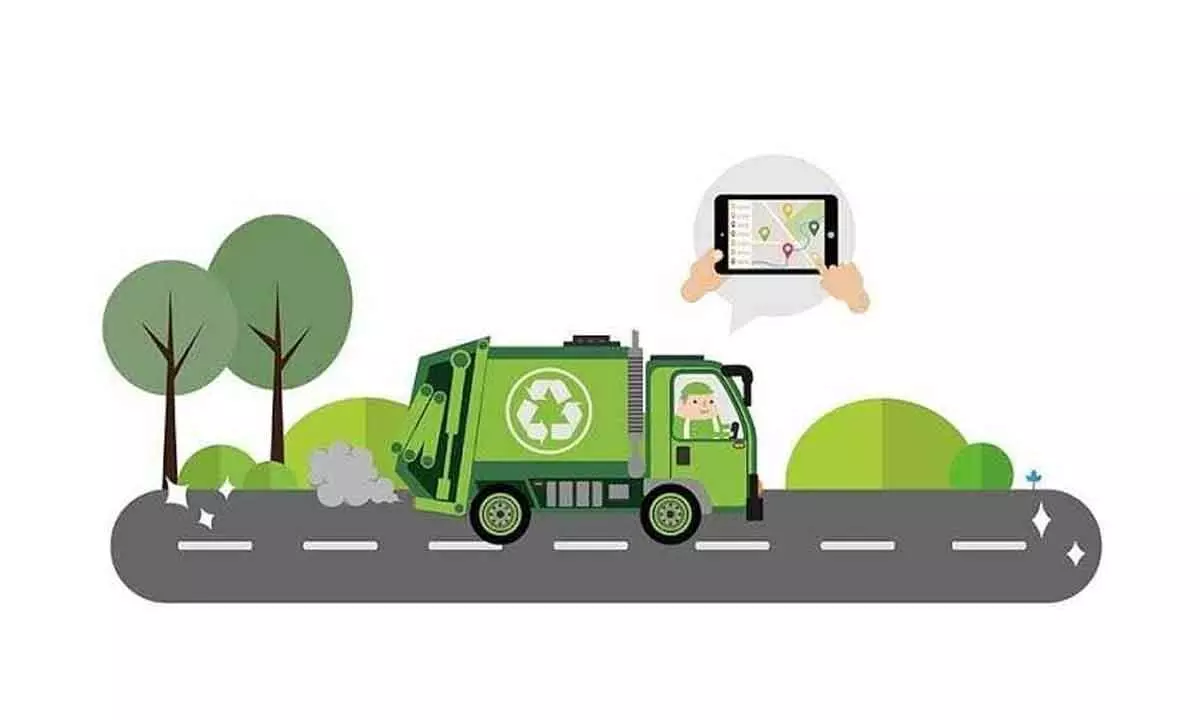A roadmap for making our cities garbage-free

“The term ‘legacy waste’ has received close attention in the wake of Swachh Bharat Mission (SBM) 2.0 which aims to make Indian cities “garbage-free”.
New Delhi: "The term 'legacy waste' has received close attention in the wake of Swachh Bharat Mission (SBM) 2.0 which aims to make Indian cities "garbage-free".The Mission mandates that cities in India should clear legacy waste sites, reclaim the land, and prevent more waste from reaching dumpsites – with 1,300 million tonne of legacy waste lying in more than 3,000 dumpsites in the country, it is an onerous, but doable, task," said SunitaNarain, director general, Centre for Science and Environment (CSE), here.
She was speaking at a national symposium organised by CSE on legacy waste management and dumpsite remediation. Participants at the symposium, who included waste management practitioners, regulators, government functionaries, scientists, experts and industry representatives, were also addressed by the symposium's chief guest, Roopa Mishra, joint secretary, Union Ministry of Housing and Urban Affairs (MoHUA), among others.
Mishra and Narain released three new publications from CSE on this occasion -- Legacy Waste Management and Dumpsite Remediation, Preparing City Solid Waste Action Plan for Bio-degradable Waste and Preparing City Solid Waste Action Plan for Non-Biodegradable Waste.
Explains Atin Biswas, programme director, solid waste management unit, CSE: "Although the term 'legacy waste' has not been defined in any official government document in India, it typically refers to old municipal solid waste in landfills or dumpsites. There is no set standard to define how old waste qualifies to be called legacy waste. Legacy waste is usually a mix of partially or completely decomposed biodegradable waste, plastic waste, textiles, metals, glass and other components."
Richa Singh, the unit's deputy programme manager at CSE, pointed out: "It is important to note that legacy waste dumpsite remediation projects in India concern themselves not only with legacy waste dumpsites, but also with any unscientifically managed dumpsite that is relatively young. The agenda is to clear unscientifically designed and mismanaged dumpsites that might be causing or can cause long-term environmental and public health hazards. Majority of Indian landfills have completely run out of space having been overused and housing millions of tonnes of legacy waste which not only poses threat to the environment but also to human health, livelihoods and economy."
Delivering her address at the symposium, Roopa Mishra stressed on the fact that every Central government programme and policy was primed towards a singular aim: "making Indian cities garbage-free". As part of this objective, the ministry has initiated a number of projects and schemes to encourage city administrations, one of which is a star rating and certification for garbage-free cities.
CSE researchers point out that the national mandate has created a huge momentum to deal with the legacy waste lying in dumpsites. Says Biswas: "It is also imperative to prevent fresh waste from reaching existing dumpsites to ensure the reclaimed lands are never lost again. The Mission mandate for every Indian city is to stop as much as 80 per cent of its waste from reaching a dumpsite by the end of 2026."
"Waste is a resource," says Narain. "We should not 'waste' our waste, but reuse and recycle it. Even as cities in India start focusing on remediation of their legacy waste, it would be critical to ensure gainful application and final disposal of the extracted fractions received from the existing garbage mountains."

